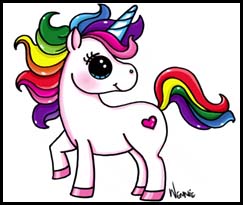

If you would like information about this content we will be happy to work with you. We strive to provide individuals with disabilities equal access to our website. The last decade saw only two Black-founded unicorns in consumer retail-Pat McGrath Labs and Savage X Fenty-both brands riding the tailwinds of celebrity. That have emerged in the last decade, less than 2 percent have Black founders (Exhibit 2). Private start-ups that achieved a valuation of $1 billion or more. 7īureau of Labor Statistics data on enterprises opening in 2017 surviving to 2021, bls.gov. Too often, these and other barriers lead to shortfalls: just 4 percent of Black-owned businesses are still in operation after three and a half years, compared with an average of 55.5 percent for all businesses. Convincing partners and investors that products by Black-owned brands are for everyone is a battle that Black entrepreneurs face daily. Gené Teare, “Highlighting notable funding to Black founders in 2020,” Crunchbase, February 12, 2021, .Īnd many say they lack the social capital and networks they need to tap flexible capital to invest in technology, R&D, and innovation. Only one percent of venture-capital funding goes to Black founders, 6 While Black Americans are more likely to start businesses than any other ethnic group, they are up against tougher challenges from the get-go, with capital of only about $35,000, on average, compared with $107,000 for White entrepreneurs. Despite rising demand and a clear consumer call for change, Black brands encounter outsize challenges to scaling and meeting the demand.


 0 kommentar(er)
0 kommentar(er)
